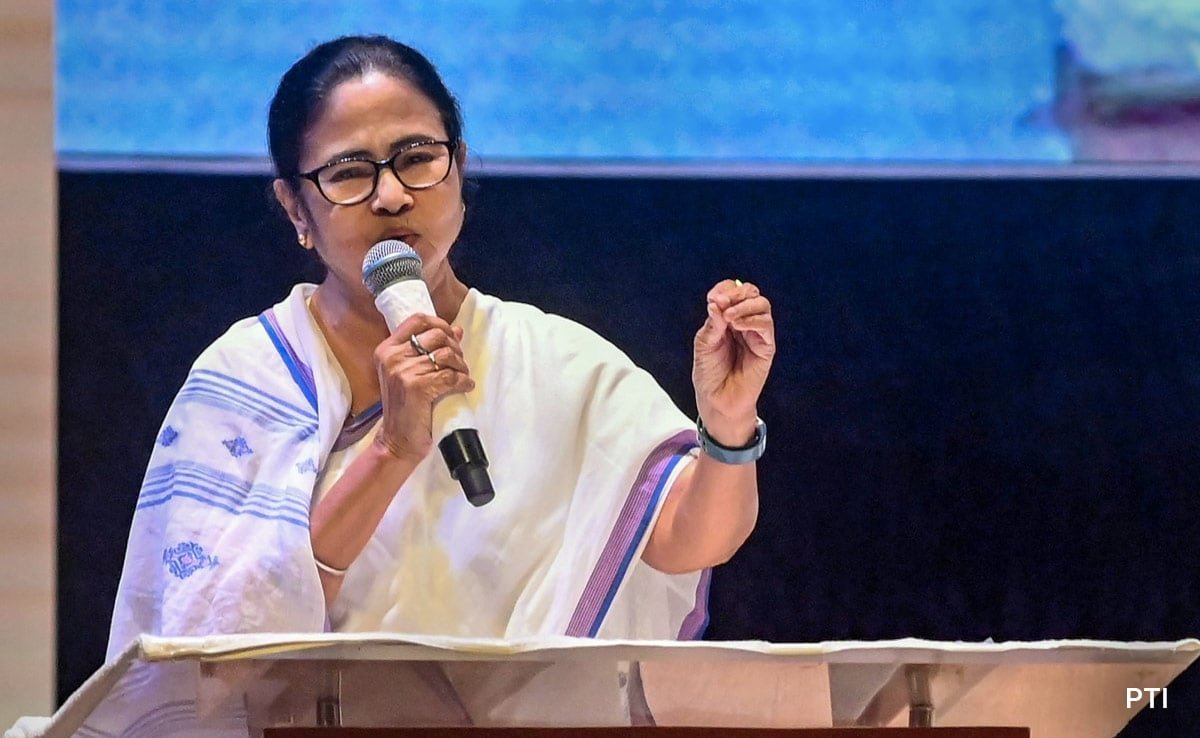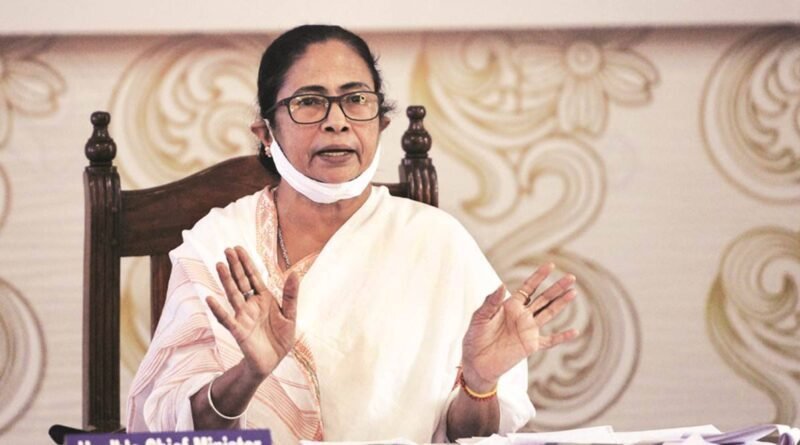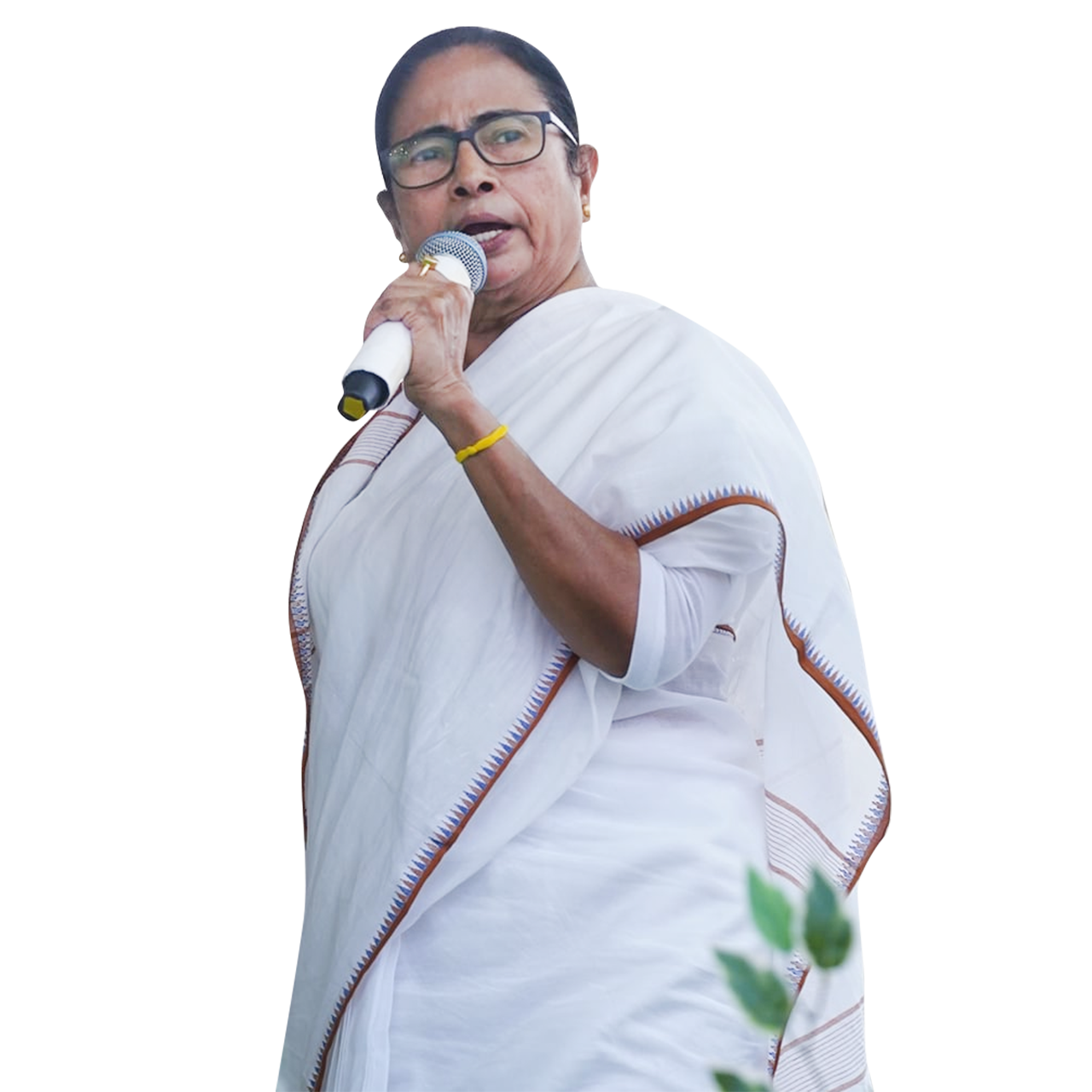Mamata Banerjee: A Political Journey of Resilience, Rebellion, and Leadership
Mamata Banerjee, often described as the “firebrand” of Indian politics, is a prominent figure known for her fierce determination, grassroots activism, and unwavering commitment to social justice. As the Chief Minister of West Bengal and the founder of the All India Trinamool Congress (AITC), Banerjee has carved a unique and influential role in Indian politics, challenging traditional power structures and advocating for the rights of marginalized communities. In this comprehensive article, we delve into the life, career, and political journey of Mamata Banerjee, exploring the key milestones, challenges, and achievements that have shaped her remarkable trajectory.
Early Life and Education:

Mamata Banerjee was born on January 5, 1955, in Kolkata (formerly Calcutta), West Bengal, into a lower-middle-class family. Her father, Promileswar Banerjee, was a freedom fighter and a prominent leader of the Indian National Congress, whose political activism deeply influenced Mamata from a young age. Despite facing financial constraints, Mamata excelled academically and graduated with honors in History from the Jogamaya Devi College in Kolkata. Her early exposure to grassroots activism and her passion for social justice laid the foundation for her future political career.
Grassroots Activism and Political Rise:
Banerjee’s foray into politics began in the 1970s when she joined the Indian National Congress and became actively involved in student politics. Her relentless advocacy for the rights of workers, farmers, and marginalized communities earned her widespread recognition and popularity. In 1984, Banerjee was elected to the Lok Sabha (lower house of Parliament) for the first time, representing the Jadavpur constituency in West Bengal. Over the years, she emerged as a prominent opposition leader, known for her fiery speeches, street protests, and confrontations with the ruling establishment.
Founding of the All India Trinamool Congress (AITC):

In 1997, Mamata Banerjee founded the All India Trinamool Congress (AITC) with the aim of providing a viable alternative to the dominant political forces in West Bengal. The AITC, with its emphasis on grassroots mobilization, decentralized leadership, and inclusive politics, quickly gained traction among the masses, particularly in rural areas. Banerjee’s dynamic leadership and populist appeal helped the AITC make significant electoral gains, challenging the decades-long dominance of the Communist Party of India (Marxist) in the state.
Chief Minister of West Bengal:
In 2011, Mamata Banerjee made history by leading the AITC to a landslide victory in the West Bengal Legislative Assembly elections, ending the 34-year rule of the Communist Party-led Left Front government in the state. As the Chief Minister of West Bengal, Banerjee embarked on an ambitious agenda of development, social welfare, and governance reforms, focusing on key areas such as healthcare, education, infrastructure, and women’s empowerment. Her populist policies, including the distribution of subsidized food grains and financial assistance to farmers, endeared her to the masses and cemented her political dominance in the state.
Challenges and Controversies:

Despite her popularity and electoral success, Mamata Banerjee’s tenure as Chief Minister has been marred by controversies and criticism from various quarters. Her confrontational style of politics, intolerance of dissent, and alleged authoritarian tendencies have drawn criticism from opposition parties and civil society groups. Moreover, her handling of issues such as law and order, communal tensions, and industrial development has faced scrutiny, with critics accusing her government of inefficiency and lack of transparency. Nevertheless, Banerjee remains a formidable political force, with a strong support base and a knack for connecting with the masses.
National Ambitions and Political Alliances:
In recent years, Mamata Banerjee has emerged as a key opposition leader on the national stage, positioning herself as a vocal critic of the ruling Bharatiya Janata Party (BJP) and its policies. Her efforts to forge alliances with other opposition parties and her participation in national-level anti-BJP campaigns, such as the United India Rally and the Mahagathbandhan, have underscored her aspirations for a larger role in national politics. Banerjee’s ability to mobilize support beyond West Bengal has positioned her as a potential kingmaker in national elections and a challenger to the BJP’s dominance.
Conclusion:
Mamata Banerjee’s journey from a grassroots activist to the Chief Minister of West Bengal is a testament to her resilience, courage, and political acumen. Despite facing numerous challenges and setbacks, she has remained steadfast in her commitment to serving the people and championing the cause of social justice. As she continues to navigate the complexities of Indian politics, Mamata Banerjee’s legacy will be defined by her unwavering dedication to the principles of democracy, secularism, and inclusive governance. Whether she emerges as a national leader capable of uniting the opposition remains to be seen, but one thing is certain: Mamata Banerjee’s influence on Indian politics is undeniable and enduring.






